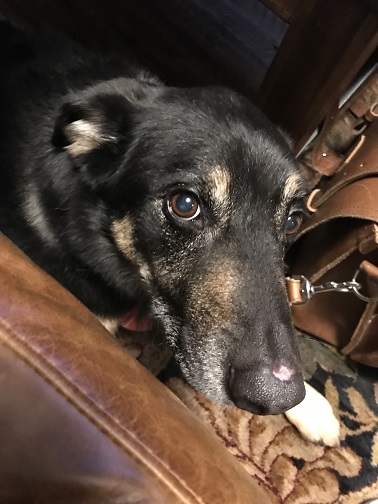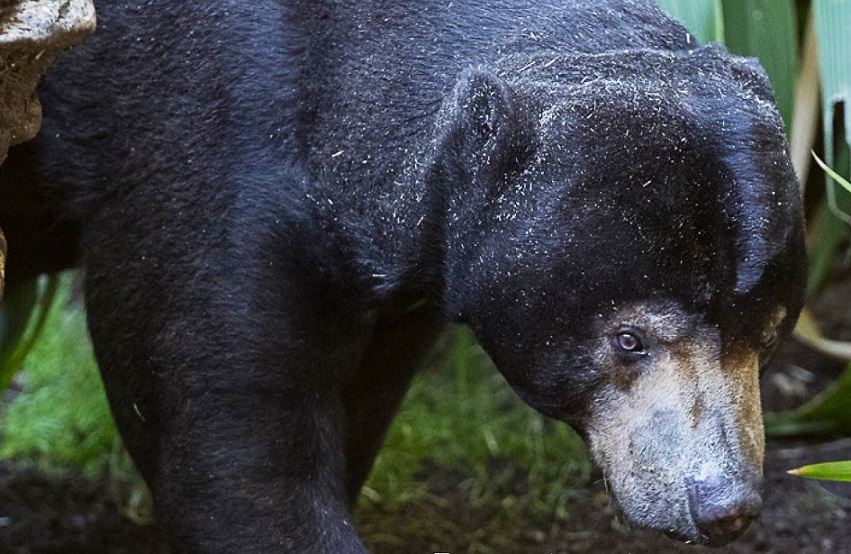As we all follow along with the updates regarding the COVID-19
pandemic, it is important to remember that this is an ever-changing situation. As
experts continue to learn about this novel coronavirus, we must take special
caution so as to not spread misinformation. In light of recent reports that a few
animals have tested positive for SARS-CoV-2 (the virus that causes coronavirus
disease or COVID-19), we think it is important to address the rising concerns
of the general animal owning population and compile important and factual
information regarding pets and COVID-19.
Reputable Sources
First, we must stress the importance of reputable sources. Organizations
such as the CDC and AVMA are trusted sources that are providing up-to-date
information regarding COVID-19. You can find information from the CDC regarding
COVID-19 and animals here
and information from the AVMA here.
It is important to note that both sites make the following statement: There
is no evidence to suggest that pets can spread COVID-19 to people or other
pets.
So, what do we know so far regarding COVID-19 and animals? According to
the AVMA and the CDC, there is a small number of pets who have tested positive for
SARS-CoV-2 outside of the U.S.
Confirmed Cases of SARS-CoV-2 in Pets Outside of U.S.
The first case of an animal testing positive for SARS-CoV-2 was a dog in Hong Kong. The dog’s owner was diagnosed with COVID-19 and had close contact with the dog. A second dog in the house tested negative and the positive 17-year-old dog with ongoing health issues, who died shortly after being released from quarantine, never showed signs of illness. The second reported case was also in Hong Kong. Like the first case, this dog lives with an owner who has COVID-19. A second dog in the house continues to test negative for SARS-CoV-2 and the infected dog has had no symptoms.
The third reported case was a cat in Belgium. Like the two dogs, this
cat also lives with an owner who has been diagnosed with COVID-19. The cat was
showing respiratory and digestive symptoms and both vomit and fecal matter tested
positive for SARS-CoV-2. That being said, there are many unknowns surrounding
this particular case. According to the AVMA, “Because other etiologic
causes for the cat’s illness appear to have not been excluded and little is
known about the samples in which viral material was detected, a clear link
between the presence of viral material and clinical signs consistent with
coronavirus infection cannot be established. The condition of the cat
reportedly improved 9 days after onset of clinical signs.”
A second cat, located in Hong Kong,
also tested positive for SARS-CoV-2. Like the previous pets, this cat also
lives with an owner who has been diagnosed with COVID-19. The cat is in
quarantine and is showing no symptoms of the disease.
Tiger Tests Positive for
SARS-CoV-2 in New York
Perhaps most important to us in the U.S., is the recent news that a tiger at the Bronx Zoo tested positive for SARS-CoV-2. The tiger was tested after several big cats developed a dry cough. It is believed that the tiger contracted the virus from an animal caretaker that was asymptomatic but actively shedding the virus. According to the zoo spokesperson, the affected cats have experienced a decrease in appetite but are otherwise doing well and are expected to make a full recovery. At this time, there are no other reports of sick animals at the Bronx Zoo.
What does this mean for pet owners?
It is important to note that only
2 of the 5 animals listed above that tested positive for the virus after
exposure from a human caregiver/owner with COVID-19 showed any symptoms of respiratory
disease and none appear to be significant as it is in people. However, if you
or a family member have tested positive for COVID-19, the CDC and AVMA recommend
restricting contact with pets just like you would with other people. When
possible, have a healthy family member care for your pets. If you must care for
your animals while sick, the CDC recommends washing your hands before and after
interacting with them. Avoid contact such as petting, snuggling, being
kissed/licked, and sharing food.
We feel it is important to once
again note that both the CDC and AVMA have reported that there is no evidence
to suggest that pets can spread COVID-19 to people. This continues to be a
rapidly developing situation, so we encourage you to check the CDC and AVMA
websites frequently for updates.


